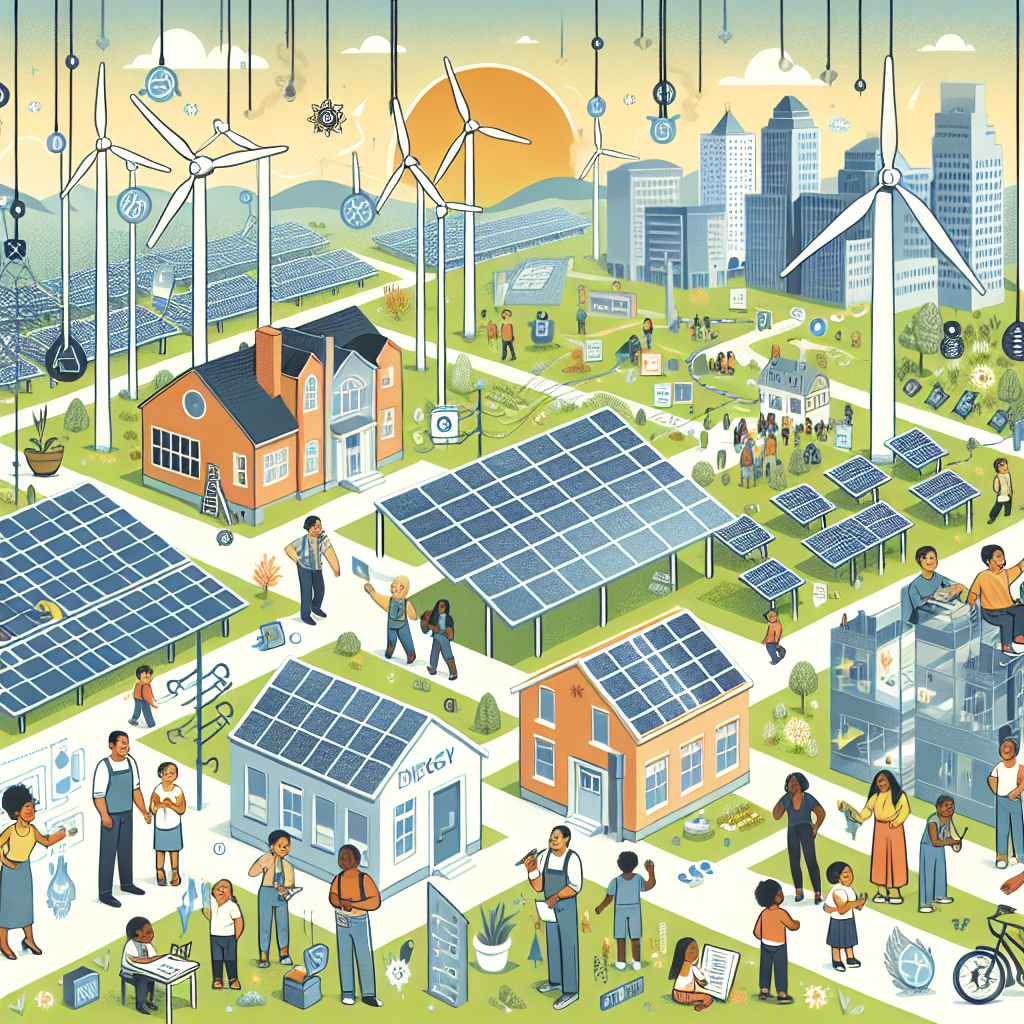Ann Arbor voters approved ballot Proposal A in the Nov. 5 general election, establishing the Sustainable Energy Utility initiative, a plan to supplement the energy Ann Arbor homes receive from DTE with solar and geothermal energy. The opt-in utility aims to create a more flexible, localized and renewable energy grid. The Michigan Daily examined how the city of Ann Arbor hopes to use the SEU to reduce the impact of DTE outages and continue its sustainability efforts. In an interview with The Michigan Daily, Ann Arbor Mayor Christopher Taylor discussed the city’s motivation to adopt the SEU and its importance for the city’s sustainability and carbon footprint goals.
“It’s the city’s goal to accomplish community-wide carbon neutrality by 2030 through just and equitable means,” Taylor said. “The energy that we use is an incredible part of getting down to carbon neutrality, and we don’t have control over DTE. DTE has its own agenda and mission and incentives.”
Taylor also described the benefits of local energy generation and limited distribution, which decreases the risk of grid outages.
“When substations or transmission nodes fail, often far from our homes, it disrupts the entire grid,” Taylor said. “The SEU operates through micro- and nano-grids, reducing the risk of outages by magnitudes while enhancing resilience.”
Taylor outlined how Ann Arbor residents experience power outages and grid failures when DTE substations fail miles away from their actual residences. He said the SEU brings energy generation and distribution home, locally to Ann Arbor, instead of relying on DTE.
“The typical SEU property will be a home that has solar on the roof, that has solar on the garage, that has a battery or two in the basement,” Taylor said. “That’s going to get you really far towards resilience and reliability.”
The SEU was proposed as a more affordable energy option for Ann Arbor residents due to more affordable energy storage solutions and rates than DTE.
LSA senior Chloe Kazaglis told The Daily she believes her current apartment’s entirely DTE-dependent system is costly.
“We’ve had really high energy bills for a while, and I emailed (my landlord) and asked them if there’s anything I could do or if they noticed anything about why our bills were so high, and they said they just weren’t sure,” Kazaglis said.
The implementation of the SEU and its community-wide rooftop solar installation program can reduce the cost of energy, according to Ann Arbor’s SEU report from 2021. With the community-sponsored solar panels, the report estimates the average Ann Arbor home to see a reduction of $0.05 per kilowatt-hour and have a total cost that is approximately one-third of the current DTE rate.
“We know that people want to have renewable, sustainable energy, reliable energy, at a low cost, and we think that the SEU will be able to accomplish those goals,” Taylor said.
LSA sophomore Dhanya Kolisetti is a member

